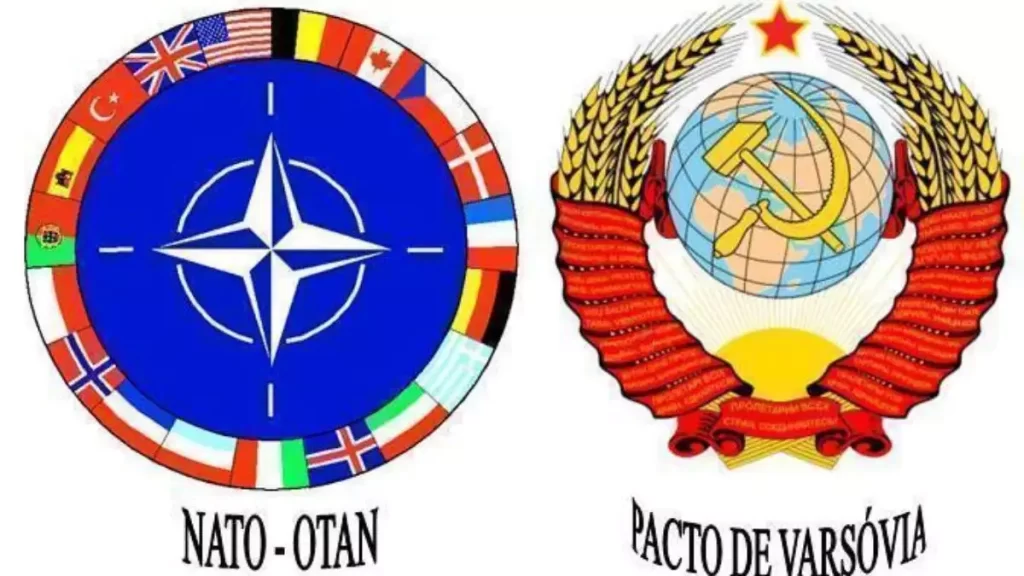
Today, day 24 March 2022 Europe and ways to. Europe and ways to, as for the future consequences – what can be seen is that the international system does not know how to deal with this issue.
as for the future consequences – what can be seen is that the international system does not know how to deal with this issue. as for the future consequences – what can be seen is that the international system does not know how to deal with this issue, as for the future consequences – what can be seen is that the international system does not know how to deal with this issue, as for the future consequences – what can be seen is that the international system does not know how to deal with this issue. as for the future consequences – what can be seen is that the international system does not know how to deal with this issue, as for the future consequences – what can be seen is that the international system does not know how to deal with this issue, as for the future consequences – what can be seen is that the international system does not know how to deal with this issue. as for the future consequences – what can be seen is that the international system does not know how to deal with this issue, as for the future consequences – what can be seen is that the international system does not know how to deal with this issue. The problem, on here, is that historically geopolitics and law have been on opposite sides, and so must continue.
Regardless of the foundation we want to adopt – and, therefore, on the side we are going to defend in this conflict – it opens up a bigger problem: the collapse of the international security system and, in particular, the european.
At the end of World War II, the need to create an institutional structure capable of channeling international tensions became clear.. It is in this environment that the United Nations is created (HIM-HER-IT) e, inside her, the Security Council. The Council's main objective was to place the greatest powers of the time (those with atomic power) at the same table, seeking the institutionalization of tensions. But, facing the failed experience of the League of Nations, created after the First World War, it was known that a political organization was not enough.
Like this, military organizations were also created. The most relevant are the North Atlantic Treaty Organization (OTAN) and the Warsaw Treaty Organization (OTV).
In 1949 the United States joined other capitalist countries and founded NATO, a military alliance that formed a system of collective defense. The idea was that an attack on any one of its members would lead to a response from all of them..
In 1949, when the Cold War was still consolidating as something that would structure the international system, the Soviet Union and other Eastern European countries, created the Council for Mutual Economic Assistance (COMECON). Its objective was to promote economic integration among member countries and was opposed to the Marshall Plan., promoted by the United States. The military dimension appeared in 1955, with the creation of the Warsaw Treaty Organization. Its objective was to enable the formation of a military alliance, what, in its turn, helped members oppose NATO.
These two organizations were important throughout the second half of the 20th century because they “organized” international tensions., showing the ability that each side had to gather support. Like this, the Cold War was not the direct conflict between the United States and the Soviet Union, but between groups of countries. And that was one of the reasons that direct military conflicts became more difficult..
When we try to understand the conflict between Russia and Ukraine, we need to look at this institutional apparatus. To some extent organizations such as NATO and OTV, as well as the UN Security Council itself lose meaning. They are institutions created to shape a world that no longer exists..
The world polarization is no longer as clear as it was in the past. It's not just that the bipolar world of the Cold War no longer exists., it is not clear any polarity in the world today. Economic interdependence has completely altered the scenario. The world today is more integrated and with more fluid borders.
The security issue, even so, remains important. But it cannot be discussed using the same parameters as before. The security system we have does not match the challenges of today's world. It is essential that the world discuss again what definition we give to international security and, from that, what institutional apparatus will need to be created.
Until we move forward in this discussion, conflicts like the one in Russia and Ukraine will be handled in an uncertain way by the world. More with quasi-ideological positions than with the rationality that is necessary when it comes to security.
